Volkswagen Group CEO Oliver Blume is pushing for aggressive cost reductions as the automaker confronts “decades of structural problems.” Rising German labour costs and sluggish market demand have intensified pressures on VW to overhaul its strategy.
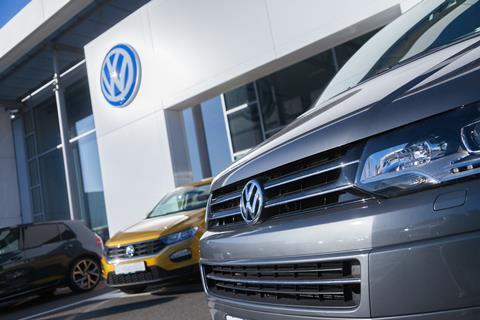
Volkswagen Group is poised for a transformative shift as it confronts long-standing structural challenges. The German automotive giant, navigating weak European demand and lower-than-expected revenues in China, faces a new era of austerity driven by a re-evaluation of its German operations. According to CEO Oliver Blume, “decades of structural problems” within the company have compounded, necessitating extensive cost-cutting measures to ensure its global competitiveness.
Speaking to German Sunday national newspaper, Bild am Sonntag, Blume did not mince words on the urgency of VW’s predicament. “The weak market demand in Europe and significantly lower earnings from China reveal decades of structural problems at VW,” he said.
VW management requested a 10 percent pay reduction
These issues, amplified by rising operational costs in Germany, have placed Volkswagen in a position where streamlining its domestic operations may be the only viable path forward. Blume stressed that “our costs in Germany must be massively reduced,” underscoring the financial burden of its domestic workforce relative to its other European sites.
Volkswagen’s works council recently confirmed that the company might close at least three German factories and could be preparing for significant job cuts across its remaining facilities. Although these plans remain unofficial, an Oct. 30 communication to VW’s German workforce signalled the gravity of the situation: management requested a 10 percent pay reduction, asserting that such measures would be essential to preserve jobs and sustain the company’s viability in an increasingly competitive global market.
Volkswagen has already allocated approximately €900 million ($975 million) for the restructuring efforts
Blume highlighted that labour expenses in Germany represent a substantial competitive disadvantage for VW, with average labour costs in the country frequently more than double those of other European facilities. This cost disparity, he noted, places the automaker under severe pressure to identify savings across development and distribution — areas where Volkswagen is currently outspent by its rivals.
While the exact methods for achieving these cost reductions remain in flux, VW is steadfast in its commitment to the overall targets. “There was no flexibility on the goals for cost-cutting, only on how they are to be achieved,” Blume explained, suggesting a firm resolve to overhaul the company’s operations without compromising the ultimate objectives.
Volkswagen has already allocated approximately €900 million ($975 million) for the restructuring efforts outlined in its annual report, signalling both the scale of the task ahead and the company’s readiness to navigate the potential upheaval. As VW confronts an evolving automotive landscape, these changes could serve as a pivotal moment in the group’s long-term survival and adaptation, redefining how it competes in Europe and beyond.





























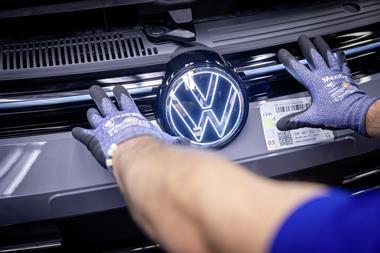
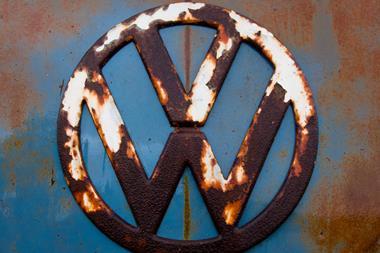
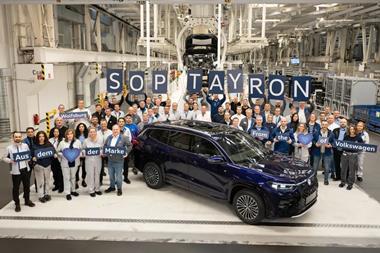

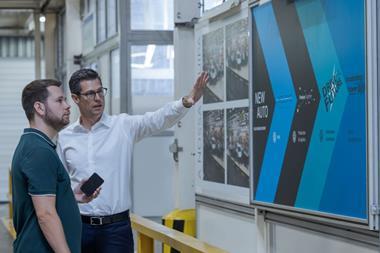
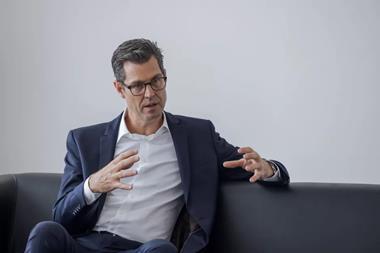



No comments yet